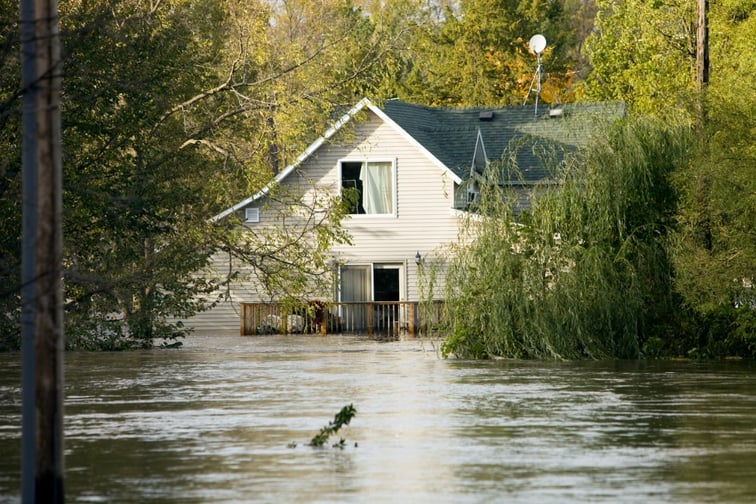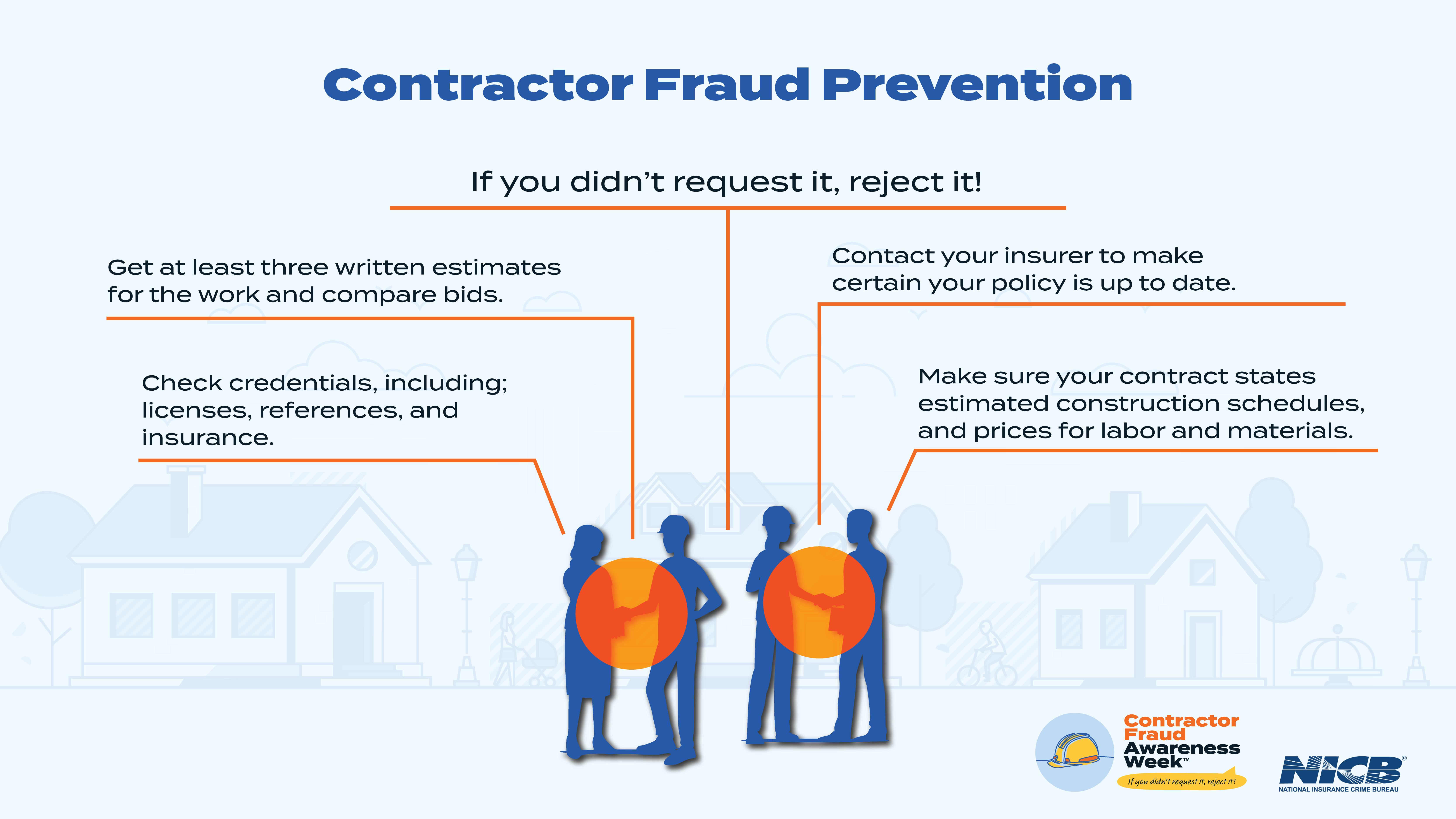

For its third annual Contractor Fraud Awareness Week, the National Insurance Crime Bureau (NICB) has chosen to highlight the issue of post-disaster contractor fraud.
According to NICB, approximately 10% of the $92 billion catastrophe losses suffered by insurers in 2021 went towards post-disaster fraud.
Responding to the impact of the issue, the group has dedicated its latest anti-fraud initiative to educating homeowners on how to safeguard themselves from bad actors in the aftermath of natural disasters.
“Catastrophic events impact millions of Americans every year,” said NICB president and CEO David J. Glawe. “From hurricanes to floods and everything in between, these events are often scary and life changing. But what makes these events even worse is what happens afterward as homeowners affected by these natural disasters are targeted by dishonest contractors.”
As part of the initiative, NICB has provided tips to help homeowners navigate the contractor selection process. These include exercising caution when approached by individuals offering unsolicited repairs, being wary of contractors who attempt to rush homeowners into making decisions and remaining vigilant against contractors submitting fraudulent change orders to inflate costs or extend contracts without consent.
“Often before the flood waters recede or rescue operations are complete, unscrupulous contractors prey upon individuals who are at their most vulnerable,” said Glawe. “Before hiring anyone, call your insurance company first. If you didn’t request it, then you should reject it.”

Furthermore, homeowners are advised not to believe claims of government endorsement by contractors, noting that the Federal Emergency Management Agency (FEMA) does not support individual contractors or loan companies.
In the process of selecting a contractor, NICB has advised homeowners to be selective and seek recommendations from trustworthy sources such as family, friends, and neighbors. Online research is also recommended, along with obtaining at least three written estimates for the work to facilitate accurate comparisons.
As part of this step, homeowners should check the credentials of contractors with the Better Business Bureau or the state attorney general’s office to ensure there are no outstanding complaints.
Additional advice has been outlined in the Post-Disaster Contractor Search Checklist, which can be accessed along with other resources on the NICB website.
What are your thoughts on this story? Feel free to comment below.
